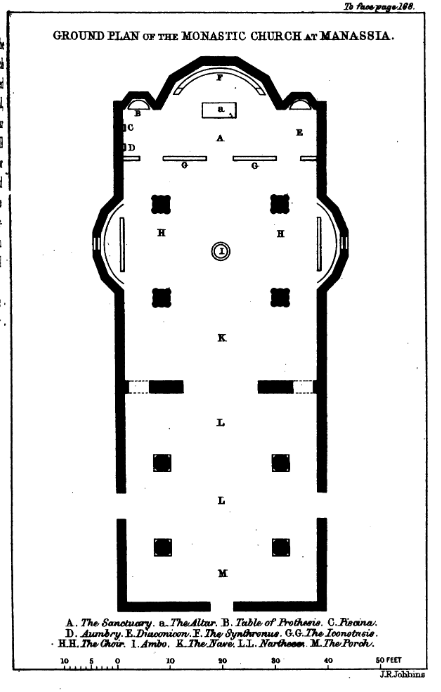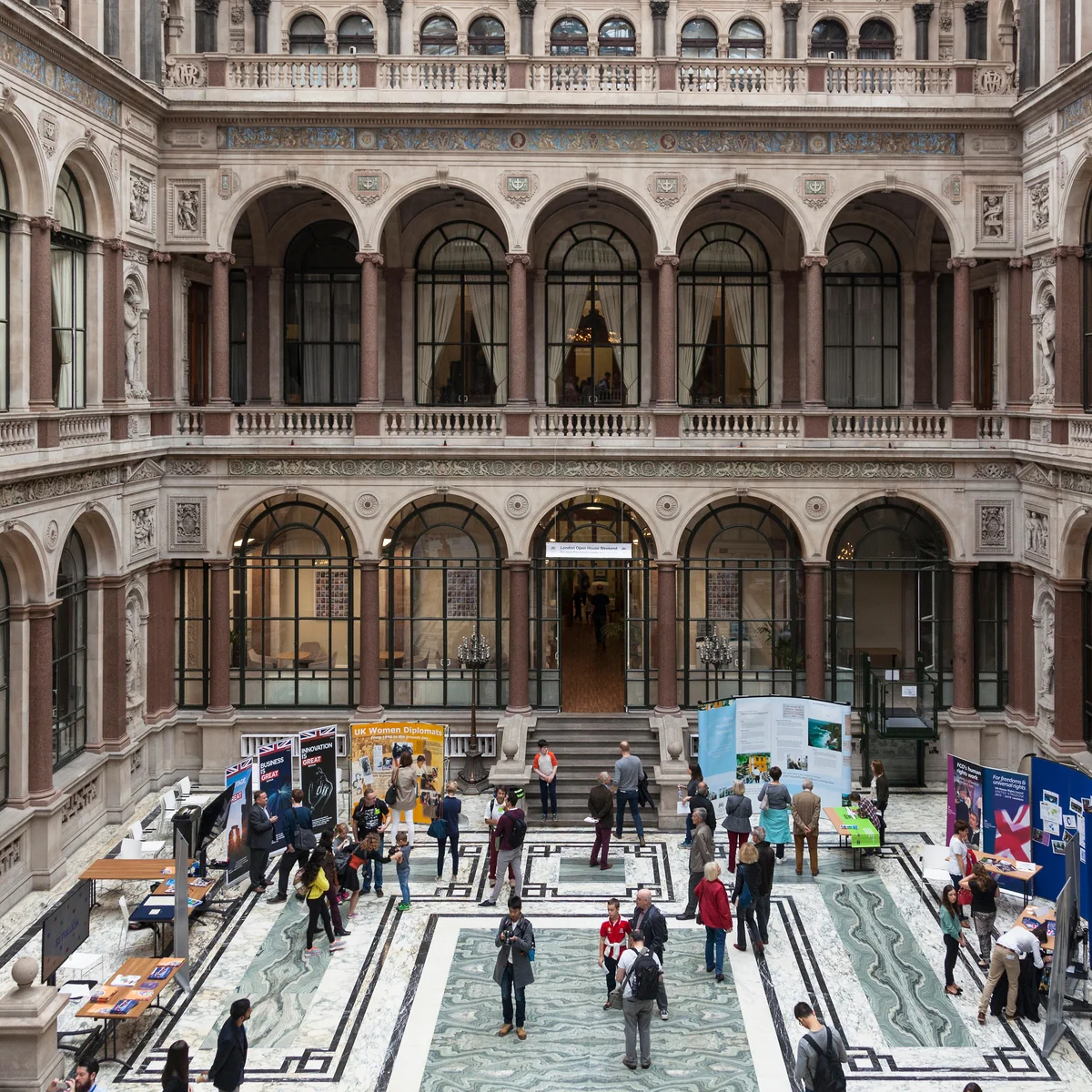SERVIA,
YOUNGEST MEMBER OF THE EUROPEAN FAMILY:
OR, A
RESIDENCE IN BELGRADE,
AND
TRAVELS IN THE HIGHLANDS AND WOODLANDS OF THE INTERIOR,
DURING THE YEARS 1843 AND 1844.
BY
ANDREW ARCHIBALD PATON, ESQ.
Preparations for Departure.—Impressions of the East.—Prince Alexander.—The Palace.—Kara Georg.
The gloom of November now darkens the scene; the yellow leaves sweep round the groves of the Topshider, and an occasional blast from the Frusca Gora, ruffling the Danube with red turbid waves, bids me begone; so I take up pen to indite my last memoranda, and then for England ho!
Some pleasant parties were given by M. Fonblanque, and his colleagues; but although I have freely made Dutch pictures of the “natives,” I do not feel at liberty to be equally circumstantial with the inexhaustible wit and good humour of our hospitable Consul-general. I have preserved only a scrap of a conversation which passed at the dinner table of Colonel Danilefsky, the Russian agent, which shows the various impressions of Franks in the East.
A.B.C.D. discovered.
A. “Of all the places I have seen in the east, I certainly prefer Constantinople. Not so much for its beauty; since habit reconciles one to almost any scene. But because one can there command a greater number of those minor European comforts, which make up the aggregate of human happiness.”
B. “I am not precisely of your way of thinking. I look back to my residence at Cairo with pleasure, and would like well enough to spend another winter there. The Turkish houses here are miserable barracks, cold in winter, and unprotected from the sun in summer.”
C. “The word East is certainly more applicable to the Arab than the Turkish countries.”
D. “I have seen only Constantinople, and think that it deserves all that Byron and Anastasius have said of it.”
C. “I am afraid that A. has received his impressions of the East from Central Asia, which is a somewhat barbarous country.”
A. “Pardonnez-moi. The valley of the Oxus is well cultivated, but the houses are none of the best.”
B. “I give my voice for Cairo. It is a city full of curious details, as well in its architecture, as in its street population; to say nothing of its other resources—its pleasant promenades, and the occasional society of men of taste and letters—’mais il faut aimer la chaleur.'”
C. “Well, then, we will take the winter of Cairo; the spring of Damascus, and the summer of the Bosphorus.”
M. Petronievitch took me to see the Prince, who has got into his new residence outside the Constantinople gate, which looks like one of the villas one sees in the environs of Vienna. In the centre of the parterre is a figure with a trident, which represents the Morava, the national river of Servia, and is in reality a Roman statue found near Grotzka. The usual allowance of sentries, sentry-boxes, and striped palisades stood at the entrance, and we were shown into an apartment, half in the German, and half in the Oriental style. The divan cover was embroidered with gold thread.
The Prince now entered, and received me with an easy self-possession that showed no trace of the reserve and timidity which foreigners had remarked a year before.
“New honours …Like our strange garments, cleave not to their mouldBut with the aid of use.”
Prince. “I expected to have seen you at Topola. We had a large assemblage of the peasantry, and an ecclesiastical festival, such as they are celebrated in Servia.”
Author. “Your highness may rest assured that had I known that, I should not have failed to go. At Tronosha I saw a similar festival, and I am firmly convinced that no peasantry in Europe is freer from want.”
Prince. “Every beginning is difficult; our principle must be, ‘Endeavour and Progress.’ Were you pleased with your tour?”
Author. “I think that your Highness has one of the most romantic principalities in Europe. Without the grandeur of the Alps, Servia has more than the beauty of the Apennines.”
Prince. “The country is beautiful, but I wish to see agriculture prosper.”
Author. “I am happy to hear that: your highness’s father had a great name as a soldier; I hope that your rule will be distinguished by rapid advancement in the arts of civilization; that you will be the Kara Georg of peace.”
This led to a conversation relative to the late Kara Georg; and the prince rising, led me into another apartment, where the portrait of his father, the duplicate of one painted for the emperor Alexander, hung from the wall. He was represented in the Turkish dress, and wore his pistols in his girdle; the countenance expressed not only intelligence but a certain refinement, which one would scarcely expect in a warrior peasant: but all his contemporaries agree in representing him to have possessed an inherent superiority and nobility of nature, which in any station would have raised him above his equals.



